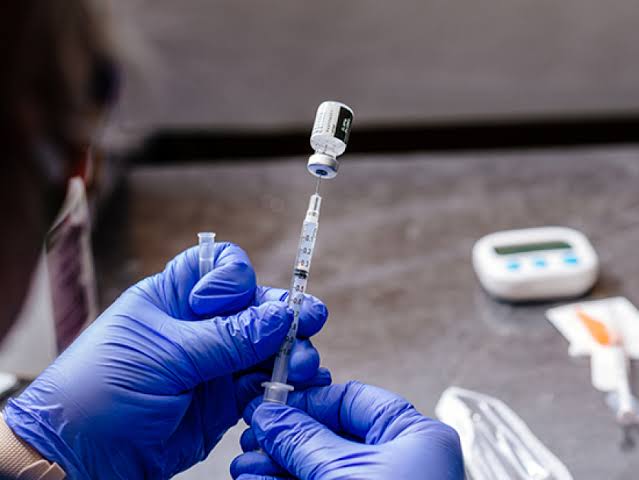Vaccination is a crucial tool in protecting individuals and communities from infectious diseases. While vaccines are generally safe and effective, it’s important to be aware of potential side effects. Let’s explore the common side effects of vaccination and understand how they contribute to overall vaccine safety.
The Safety of Immunization: Addressing Concerns
Before delving into side effects, it’s essential to emphasize that immunizations are safe and play a vital role in preventing the spread of diseases. Vaccines undergo rigorous testing and evaluation to ensure their safety and efficacy before being approved for public use. The benefits of vaccination far outweigh the risks, as they help prevent serious illnesses and save lives.
Common Side Effects: Mild and Temporary
Most side effects from vaccination are mild and temporary, typically resolving within a few days. These reactions are a sign that the body is building immunity in response to the vaccine. Common side effects may include:
Soreness, redness, or swelling at the injection site
Low-grade fever
Fatigue or tiredness
Headache
Muscle or joint pain
These symptoms are generally mild and can be managed with rest, hydration, and over-the-counter pain relievers if needed. It’s important to note that experiencing side effects after vaccination is normal and does not indicate a serious health problem.
Rare Side Effects: Understanding Risk Factors
While rare, some vaccines may cause more serious side effects in a small number of individuals. These reactions may include severe allergic reactions, such as anaphylaxis, or uncommon neurological conditions. However, the likelihood of experiencing these rare side effects is extremely low, and the benefits of vaccination far outweigh the risks for the vast majority of people.
Vaccine Safety Monitoring: Ensuring Continuous Evaluation
To maintain public confidence in vaccination programs, extensive systems for monitoring vaccine safety are in place. Health authorities continuously monitor and evaluate vaccine safety data to detect and respond to any potential concerns promptly. This ongoing surveillance helps ensure that vaccines remain safe and effective for everyone.
Conclusion:
Vaccination is a cornerstone of public health, protecting individuals and communities from serious diseases. While side effects may occur, they are generally mild and temporary, reflecting the body’s immune response to the vaccine. By staying informed about potential side effects and trusting in the safety and efficacy of vaccines, we can all contribute to a healthier and safer future.
Source – Department of Health and Aged Care



